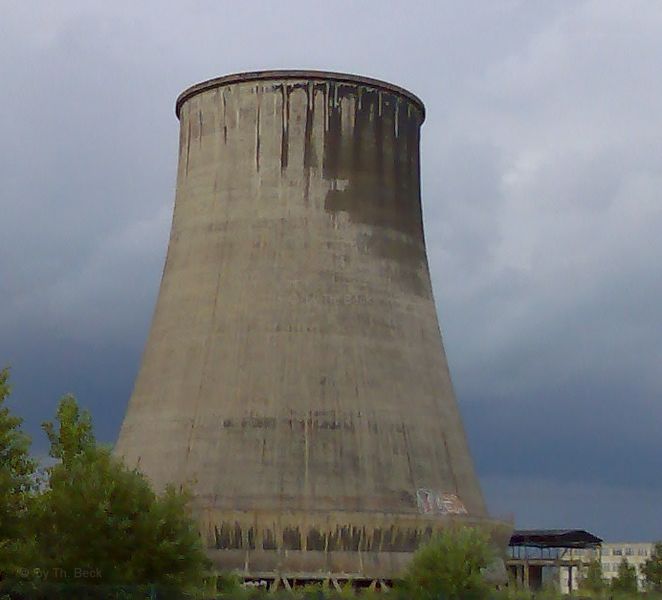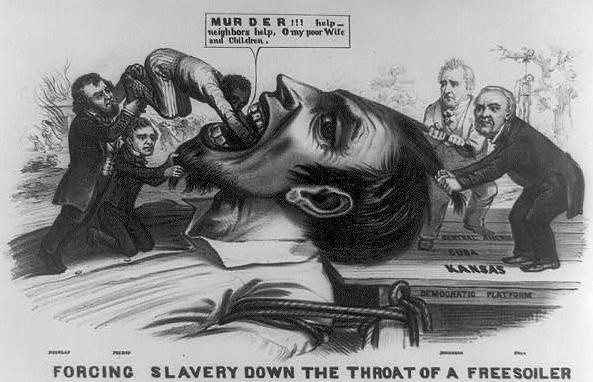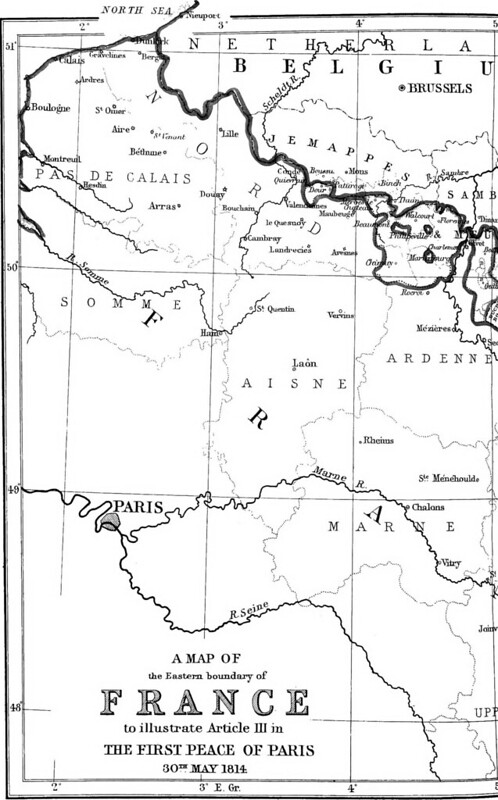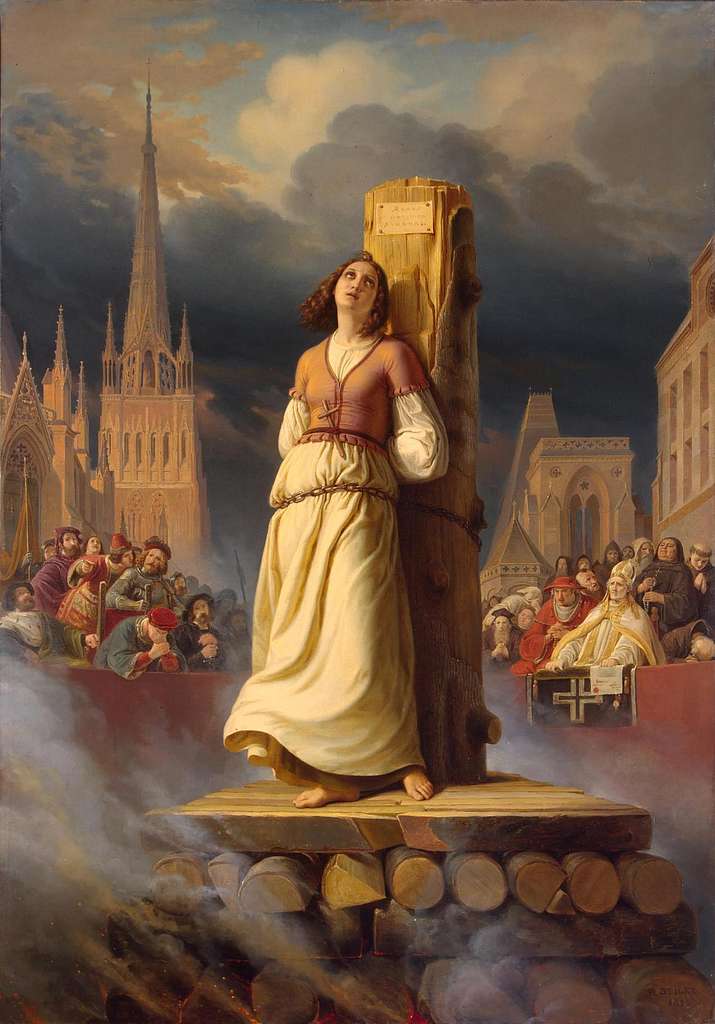This decision was heavily influenced by the Fukushima Daiichi nuclear disaster in Japan that year and major protests and activism by anti-nuclear proponents.
Britain launched “Operation Millennium” on May 30, the first “1,000 bomber raid”, causing widespread destruction, leaving around 45,000 people homeless and killing an estimated 469 civilians Cologne, Germany.
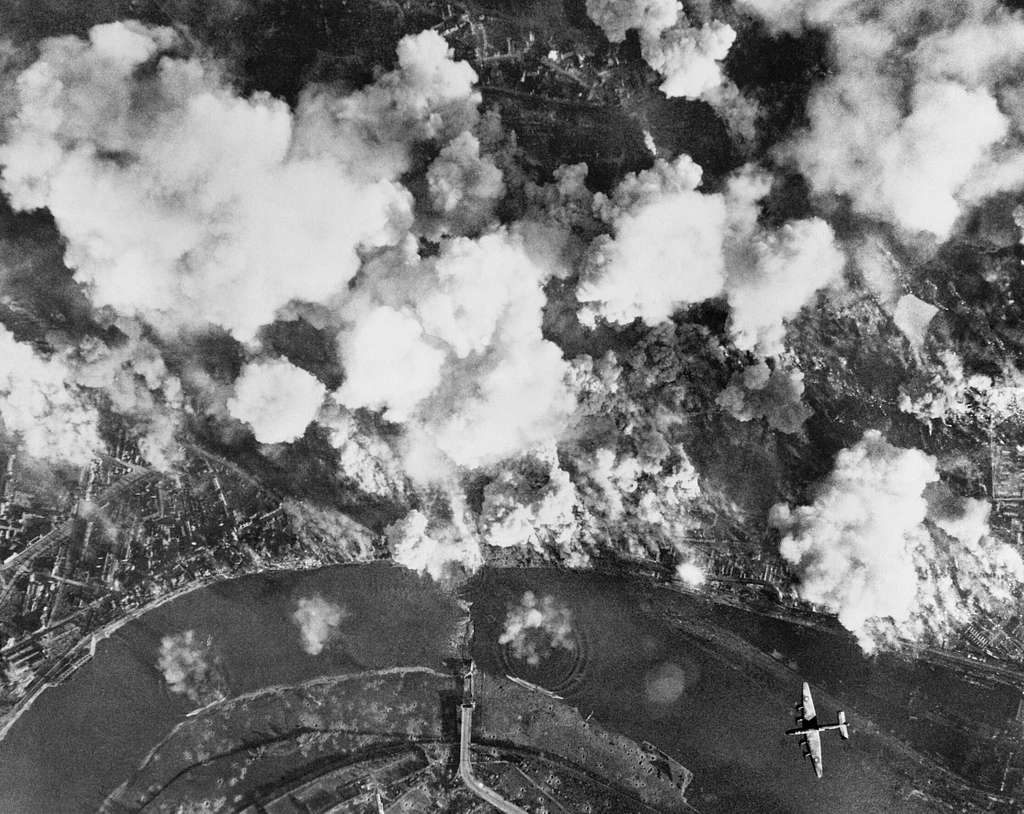
Vertical aerial photograph taken over the Mulheim district of Cologne, Germany, during a heavy daylight raid, showing a Handley Page Halifax flying southwards over the River Rhine, as clouds of smoke rise from targets bombed on the west bank. Two daylight raids on this date completely devastated the Mulheim and Zollstock districts, causing much damage to domestic property as well as industrial premises, power stations, railways and harbour installations. Picryl
The Kansas-Nebraska Act of 1854 allowed settlers in the territories of Kansas and Nebraska to decide whether slavery would be permitted there, based on popular sovereignty. The act effectively repealed the Missouri Compromise of 1820, intensifying tensions between pro-slavery and anti-slavery factions and contributing to the escalation of violence in the region, eventually culminating in the American Civil War.
The Treaty marked the end of the Napoleonic Wars and resulted in France losing significant territories and the establishment of a new balance of power in Europe. Napoleon was exiled to the island of Elba, temporarily restoring peace to the continent.
Also known as Wat Tyler’s Rebellion, began in England as a response to socio-economic grievances, including oppressive taxation and serfdom. Led by Wat Tyler, the revolt saw widespread unrest and violence, culminating in the rebels reaching London and briefly seizing control of the city. However, the revolt was eventually suppressed, and its leaders, including Wat Tyler, were killed.

